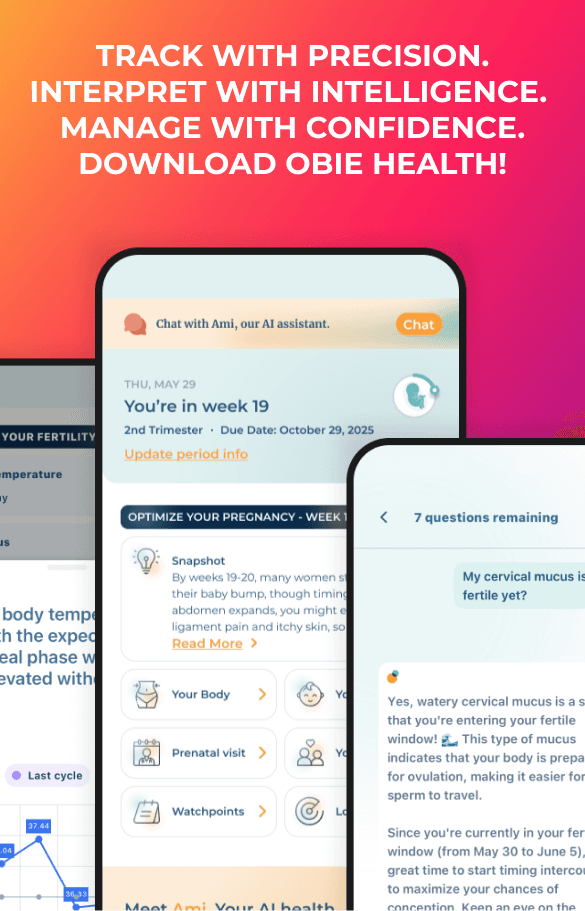Honey Pacifiers and the Risk of Infant Botulism
Obie Editorial Team
Both of my sisters dabbled in homeopathic remedies to combat fatigue, morning sickness, and trouble sleeping while they were pregnant. However, once they had their children, they strictly followed their doctor’s orders about what types of medicine and food to give their children. I was surprised to learn that honey was on the no fly list for infants up to a year old. My younger sister told me that some parents used honey pacifiers to help calm their fussy children and prevent colic, but that the pacifiers not only caused choking problems, they also posed a serious health risk for the infants and could cause infant botulism.
The symptoms of infant botulism are first constipation, followed by weakness in the limbs and difficulty breathing. Clostridium botulinum affects infants this way because their intestines are not mature enough to handle the bacteria, and that’s where the bacteria will settle. When an infant swallows Clostridium botulinum, it causes the bacteria to inhabit the child’s large intestine, creating a buildup of botulinum toxin. Adults have a strong intestinal track compared to an infant and if they encounter small amounts of the bacteria it’s most likely to be harmless because of the balance of acids in their intestines. However, Clostridium botulinum can be toxic to even adults in high levels, but high levels are typically not usually found in honey, even in wild or raw unpasteurized honey.
To be on the safe side, the American Academy of Pediatrics has advised that no honey should be given to children that are twelve month of age or younger. This includes baked goods and even store bought items like corn syrup and honey graham crackers. However, there’s no need to panic if you’ve been regularly giving your child graham crackers to gum on. The real threat is in actual honey, and the threat is even higher when the honey hasn’t been pasteurized. The precautions are just to cover all the bases because infant botulism can deadly if it isn’t treated properly or if it’s diagnosed too late.
Another common question mothers have about infant botulism is if their infant can contract the disease through breast milk. The answer is no. Clostridium botulinum cannot be transferred from the mother to the infant through breast milk. The child is only at risk if they ingest the honey themselves. Though other cultures regularly give their children honey or products made from honey from birth on with no ill effects, I would recommend listening to the American Academy of Pediatrics and keep the honey pacifiers away from your child until they’re at least a year old.
Benjamins, L. J., Gourishankar, A., Yataco-Marquez, V., Cardona, E. H., & Ybarrondo, L. d. (2013). Honey pacifier use among an indigent pediatric population. Pediatrics, 131(6), 1838-1841.
The symptoms of infant botulism are first constipation, followed by weakness in the limbs and difficulty breathing. Clostridium botulinum affects infants this way because their intestines are not mature enough to handle the bacteria, and that’s where the bacteria will settle. When an infant swallows Clostridium botulinum, it causes the bacteria to inhabit the child’s large intestine, creating a buildup of botulinum toxin. Adults have a strong intestinal track compared to an infant and if they encounter small amounts of the bacteria it’s most likely to be harmless because of the balance of acids in their intestines. However, Clostridium botulinum can be toxic to even adults in high levels, but high levels are typically not usually found in honey, even in wild or raw unpasteurized honey.
To be on the safe side, the American Academy of Pediatrics has advised that no honey should be given to children that are twelve month of age or younger. This includes baked goods and even store bought items like corn syrup and honey graham crackers. However, there’s no need to panic if you’ve been regularly giving your child graham crackers to gum on. The real threat is in actual honey, and the threat is even higher when the honey hasn’t been pasteurized. The precautions are just to cover all the bases because infant botulism can deadly if it isn’t treated properly or if it’s diagnosed too late.
Another common question mothers have about infant botulism is if their infant can contract the disease through breast milk. The answer is no. Clostridium botulinum cannot be transferred from the mother to the infant through breast milk. The child is only at risk if they ingest the honey themselves. Though other cultures regularly give their children honey or products made from honey from birth on with no ill effects, I would recommend listening to the American Academy of Pediatrics and keep the honey pacifiers away from your child until they’re at least a year old.
Benjamins, L. J., Gourishankar, A., Yataco-Marquez, V., Cardona, E. H., & Ybarrondo, L. d. (2013). Honey pacifier use among an indigent pediatric population. Pediatrics, 131(6), 1838-1841.







